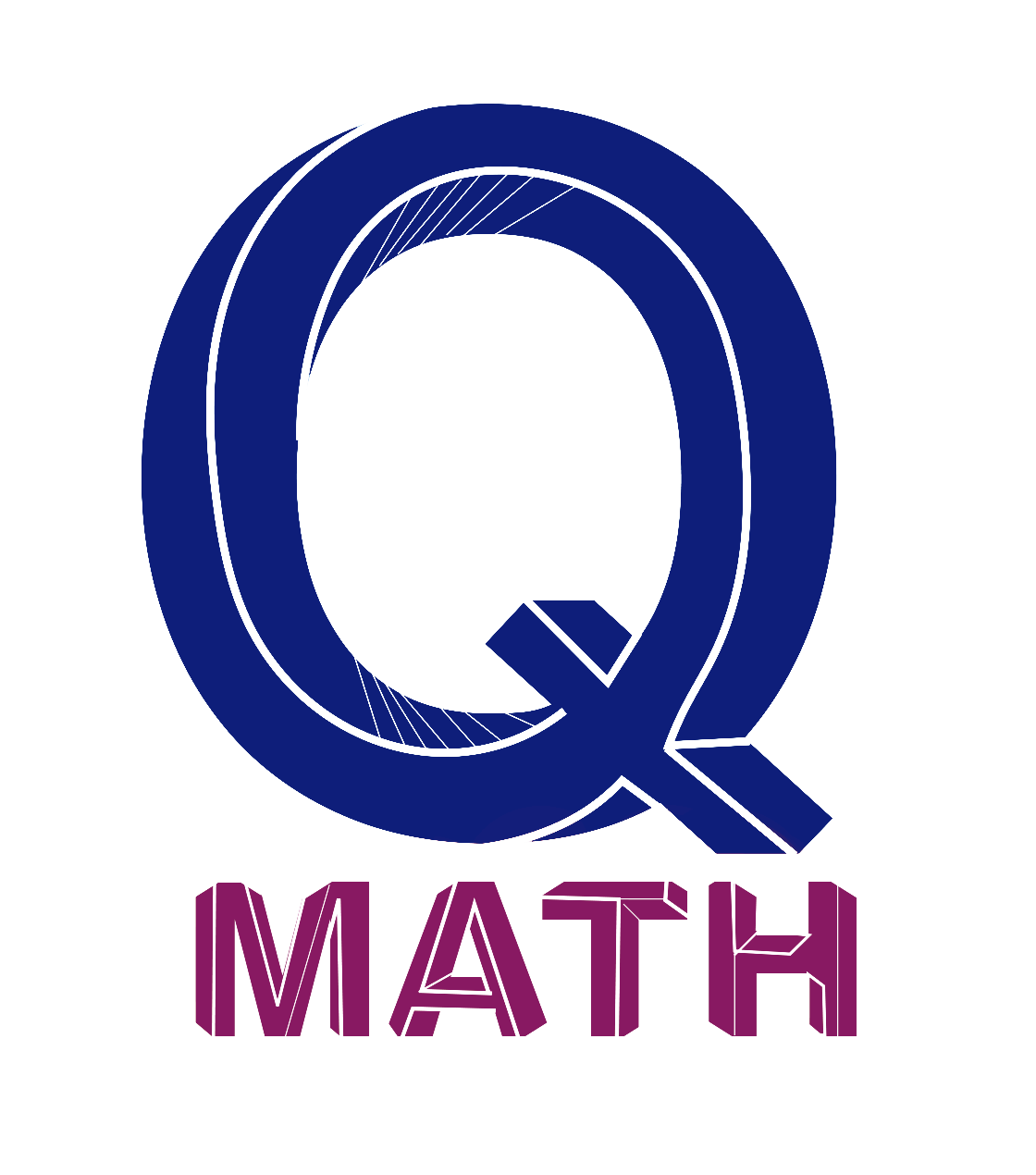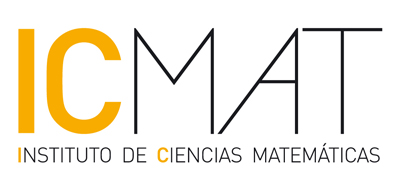Q-Math Seminar

Tomáš Gonda (University of Innsbruck)
Empirical distributions and strong laws of large numbers in categorical probability
Tuesday the 21st of January, 2025, 13:00, Room 2.2.D08
The Glivenko–Cantelli theorem shows that relative frequencies of events in an IID sequence converge to the original distribution one takes samples from. In this work, we provide the tools to study limits of relative frequencies, i.e. empirical distributions, in categorical probability. We identify two axioms, permutation-invariance and empirical adequacy, that a morphism should satisfy so that it can be interpreted as a map that takes an infinite sequence and produces a sample from its empirical distribution. Since not all sequences have an empirical distribution, it must be a partial map. To model these, we develop the theory of quasi-Markov categories, a variant of Markov categories in which morphisms need not have a well-defined output for each input. Our main contribution there is a construction that adds partial morphisms to a Markov category in a way that preserves many of the key properties of the original Markov category.Assuming that idempotents split and the two axioms, we derive representability (correspondence between Markov kernels and distribution-valued measurable functions) and prove abstract forms of the (strong) law of large numbers and the de Finetti theorem.We also provide several concrete constructions of such empirical distribution morphisms for measure-theoretic probability. In this way, our abstract LLN can specialize to the Glivenko-Cantelli theorem and the strong LLN respectively.Link for online session (Active on request): https://eu.bbcollab.com/guest/22f7877a774148a3aee3e398a4a86380
Marco Pacelli (Scuola Superiore Meridionale di Napoli)
Information geometry and statistical potentials: Classical and Quantum
Tuesday the 10th of December, 2024, 13:00, Room 2.2.D08
Statistical manifolds provide the abstract realisation of parametric models in statistics and information theory. They consist of a Riemannian manifold equipped with a pair of conjugate torsion-free affine connections. These geometric objects can be encoded into a 2-point function, termed contrast function. More general statistical structures have recently been considered where the torsion-free assumptions are relaxed or wholly removed. Even in this case, one can capture the geometrical structures through a single object, termed bi-form. In this talk, we review bi-form formalism and explain how it can be exploited to generate general statistical structures. Paradigmatic examples from classical and quantum information theory are discussed.Link for online session (Active on request): https://eu.bbcollab.com/guest/22f7877a774148a3aee3e398a4a86380
David Martinez Crespo (Universidad de Zaragoza)
Geometric Flavours of Quantum Field Theory: Modifications to the Schrödinger Equation and Applications to Cosmology
Tuesday the 26th of November, 2024, 13:00, Room 2.2.D08
In this talk, we will apply the geometrization of quantum field theory to explore its implications in curved backgrounds. In this program, the Schrödinger-like Hamiltonian equations of QFT are understood as a Hamiltonian flow in the manifold of pure states. This is an infinite-dimensional Kähler manifold representing the Schrödinger-like wavefunctions. In the case of curved backgrounds, this Kähler structure acquires a dependence on the Hamiltonian time parameter that, by relying solely on the Hamiltonian flow, jeopardizes the probabilistic interpretation of quantum theory. To overcome this difficulty, we describe the program of geometric quantum field theory (not to be confused with the geometrization program), explore its different representations, and propose modifications to the family of Schrödinger-like equations. The mathematical foundations of this study depend not only on differential geometry but also on the theory of Gaussian integration in topological vector spaces. As a consequence of this study, we will present applications of the formalism to cosmological Friedman-Lemaître-Robertson-Walker solutions of General Relativity.Link for online session (Active on request): https://eu.bbcollab.com/guest/22f7877a774148a3aee3e398a4a86380
Niel Van Buggenhout (UC3M)
Rational functions in quantum computing
Tuesday the 12th of November, 2024, 13:00, Room 2.2.D08
In classical computing, rational functions form an essential tool for developing effective algorithms for solving interior eigenvalue problems and approximating matrix functions.In quantum computing, the use of rational functions is underexplored. In this talk we introduce new methods for computing with rational functions on a quantum computer based on real-time evolution. We focus on computing matrix resolvents, since any rational function of a matrix can be written as a sum of resolvents.The matrix resolvent can be represented as an integral in terms of a complex matrix exponential. We propose two techniques for the approximation of this integral. The first technique discretizes the integral into the sum of time samples of the matrix exponential. We give a detailed quantification of the computational cost of this technique. The second technique expands the weight function of the integral as a sum of Gaussians, splitting the integral into the sum of easy-to-compute integrals.Link for online session (Active on request): https://eu.bbcollab.com/guest/d3ed81bffda3423692c5df53a2d584f4
Patrick Kreitzberg (University of Montana)
Property A vs. coarse embedding via graphs
Wednesday the 30th of October, 2024, 13:00, Room 2.2.D08
Since the creation of the coarse Baum-Connes conjecture there has been great interest in finding metric spaces which coarsely embed into Hilbert space. Of particular interest is when a metric space coarsely embeds into a Hilbert space yet does not possess G. Yu's 'property A'.A useful tool for coarsely embedding a graph $X$ into Hilbert space is the wall metric, $d_w$, which differs from the standard graph metric $d$. We will discuss an example of a metric space which coarsely embeds into Hilbert space and does not have property A and what we can say about $(X,d)$ based on results obtained from studying $(X,d_w)$.In this talk we will not assume prior familiarity with property A, coarse embeddings, and the wall metric.Link for online session (Active on request): https://eu.bbcollab.com/guest/d3ed81bffda3423692c5df53a2d584f4

